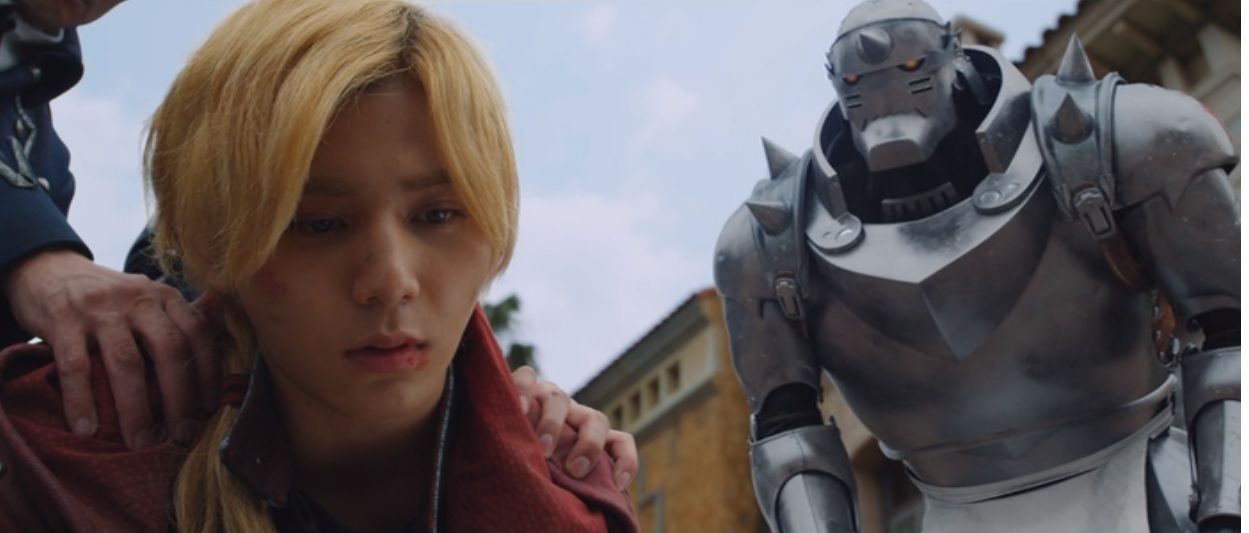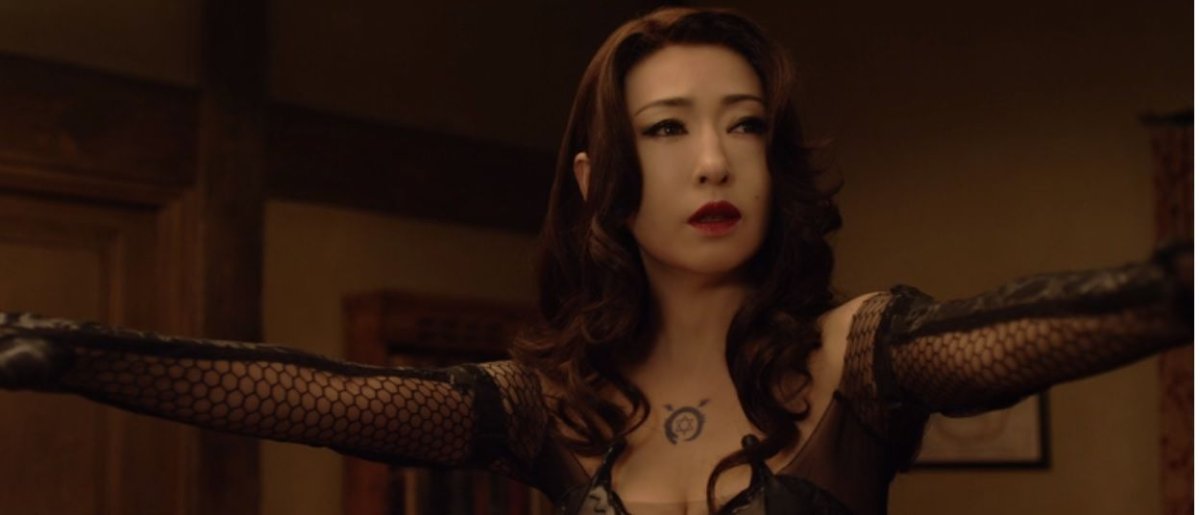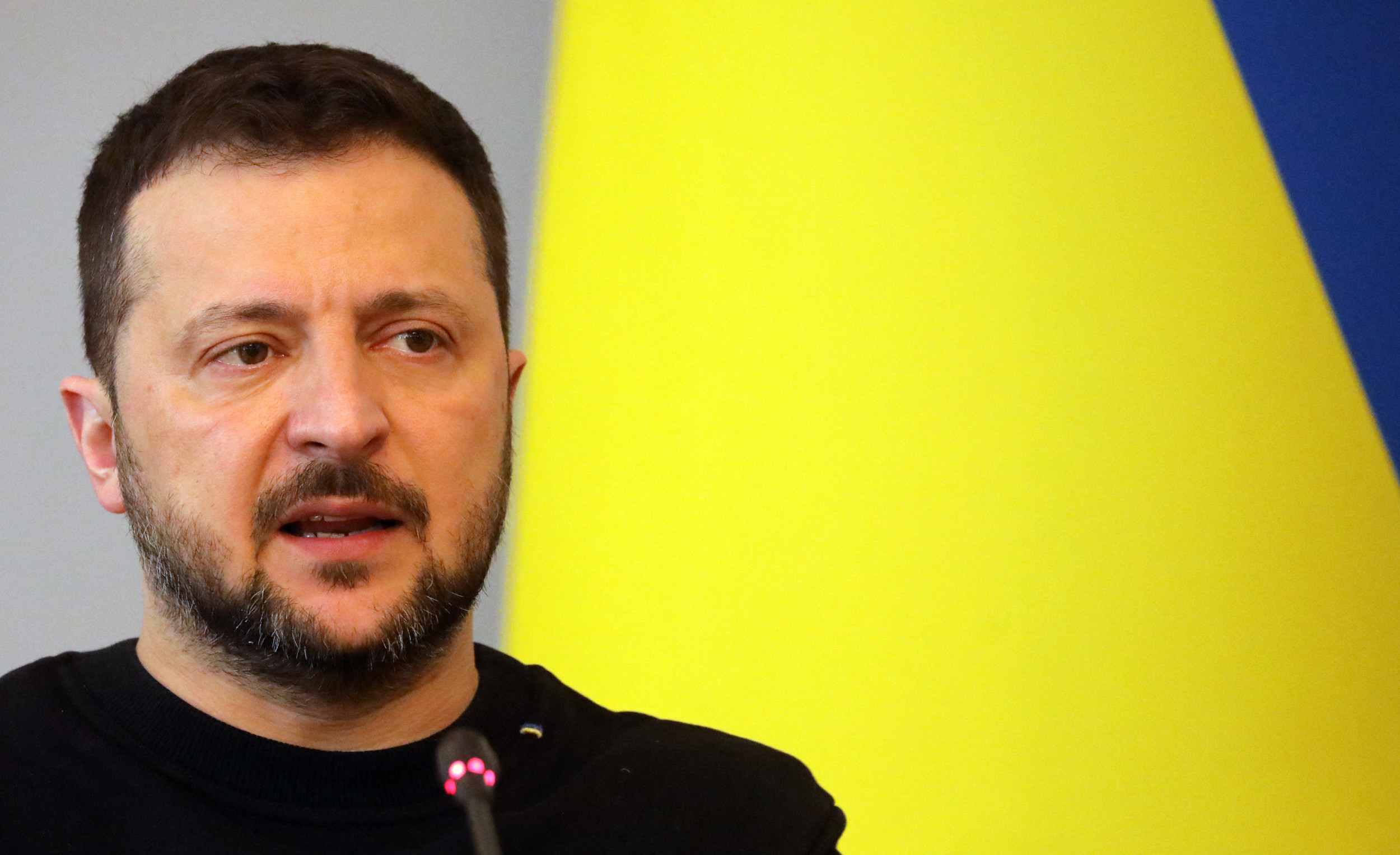
For almost two decades, fans of Fullmetal Alchemist have watched creator Hiromu Arakawa rework his fiction from a manga (2001) into two separate anime (2003 and 2009). But last year, a new player was brought into the mix: director Fumihiko Sori, whose live-action adaptation of Fullmetal was released in Japan in December and hit Netflix on Monday.
The result is hardly perfect, but despite some minor pitfalls, Fullmetal pulls off the transition from Japanese animation to live-action better than any adaptation that has come before. After decades of filmmakers trying—and failing—to bring anime to life, Sori's film might be the sign of a new era.
The live-action Fullmetal, like the anime, follows the Elric brothers, Edward (Ryôsuke Yamada) and Alphonse (Atom Mizuishi), as they search for a Philosopher's Stone in the fictional European nation of Amestris. Sori ties together Arakawa's greatest hits—the Elric boys' fate, Winry and her automail, the three primary Homunculi—but in the interest of time, the filmmaker streamlines the first third of the story. He dumps Scar, Major Armstrong, and any Homunculi other than Lust, Envy and Gluttony onto the cutting room floor.
Sori also skips a few thorny storylines. His film mentions neither Alchehistory nor the Ishvalan Civil War and simply boils down to the Philosopher's Stones: how they're made, who has them, and what Edward and Alphonse have to do to procure one. Because the film sticks to a couple plot lines and ignores others, we learn where the Homunculi come from quickly, and we only explore the work of other state alchemists long enough to get a disturbing live-action version of that first big chimera reveal.
Rather than cram an entire anime-worth of information into two hours, Fullmetal Alchemist suggests that future movie adaptations should leave certain subplots unexplored. That's a similar strategy to the one producer Kevin Feige uses to oversee the Marvel Cinematic Universe, cherry-picking plot points from comic book source material. At the film's U.S. premiere at AnimeNYC, Sori told Newsweek that he fully intends to use more characters in a sequel—if audience enthusiasm for his first film merited one.

That could be a big "if," based on early critical response. Alchemist makes satisfying nods to the anime's blend of comedy and horror, but the special effects that power Alphonse—trapped inside a CGI suit of armor—fall somewhere between blockbuster and campy. To fans, this is just part of the movie's charm. But Alchemist's production values (or lack of them) has led many critics to pan the film, which currently has a 20 percent rating on Rotten Tomatoes.
Anyone who can't see beyond dodgy effects, though, is missing what Sori achieves with his version of Fullmetal.
By and large, live-action anime adaptations have been disasters. Take the recent examples of Death Note (2017), Dragonball (2009) and Ghost in the Shell (2017). All three anime boast sophisticated writing and unique aesthetics, but they all fell flat when translated out of animation. Alchemist, however, manages to capture what made the original work in the first place.

In the film, Edward reacts with anime-esque rage when other characters tease him, and CGI Alphonse manages to emote childlike sadness without anime's distinctive lines and emotive backdrops. These moments are staples of the animated genre, and they are fully believable when translated into live-action. The Homunculi move like fantasy monsters rather than humans, and, thanks to unusual makeup and stellar acting, their unnerving lack of humanity translates well onscreen.
The film also manages to adapt the first chapter of a sprawling, earnest story about religion and science into a live-action sci-fi movie that feels complete, even to viewers who haven't seen the anime. It also keeps intact is the original series' mode of storytelling, its core characters and values, and the fact that it's a Japanese-written story set in a fictional European country. (Controversially, the cast of the film is all Japanese, though the actors playing European characters simply wear blond wigs.)
Unlike its predecessors, the Alchemist adaption succeeds by embracing what made the source material work. In doing so, it created a blueprint for how future anime adaptations. (Let's hope they invest more in the effects, though.) And now that Jordan Peele is no longer directing a live-action Akira film, Sori's Fullmetal Alchemist will likely stand as the best anime adaptation for the foreseeable future.
Uncommon Knowledge
Newsweek is committed to challenging conventional wisdom and finding connections in the search for common ground.
Newsweek is committed to challenging conventional wisdom and finding connections in the search for common ground.
About the writer
Emily is a culture and entertainment writer living in Manhattan. Previously, she ran the culture section at Inverse and has been published in The Daily ... Read more
To read how Newsweek uses AI as a newsroom tool, Click here.








